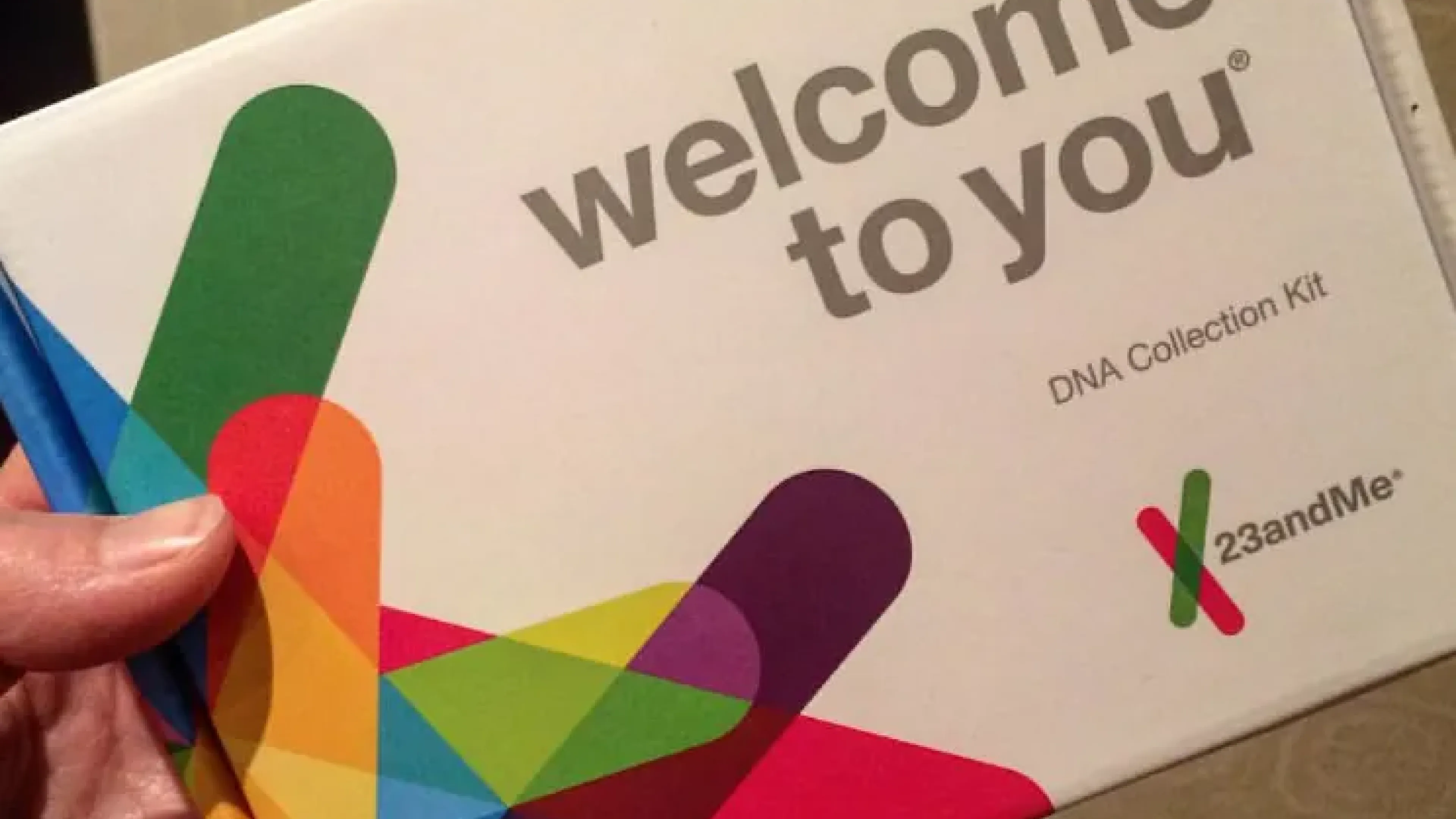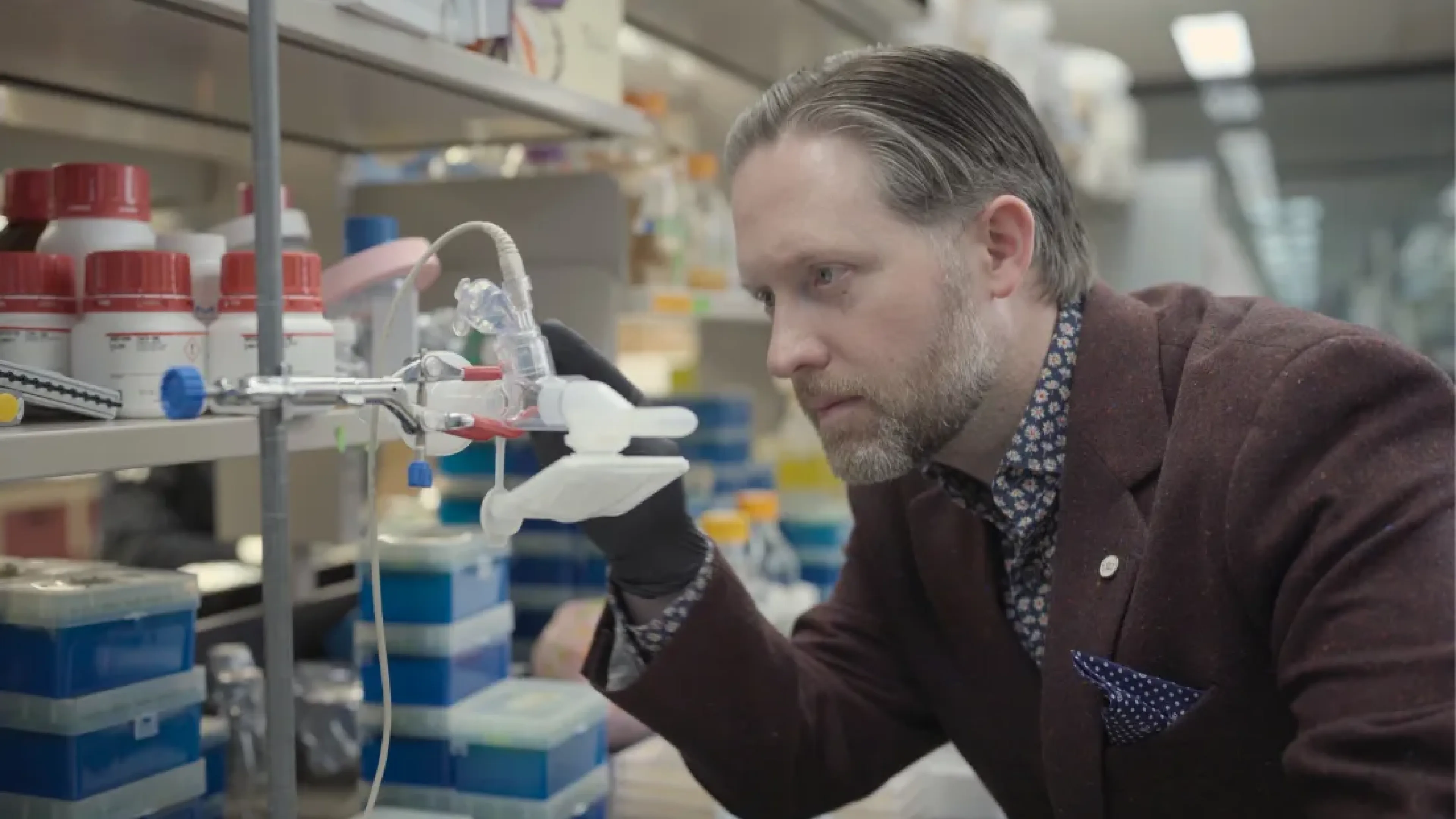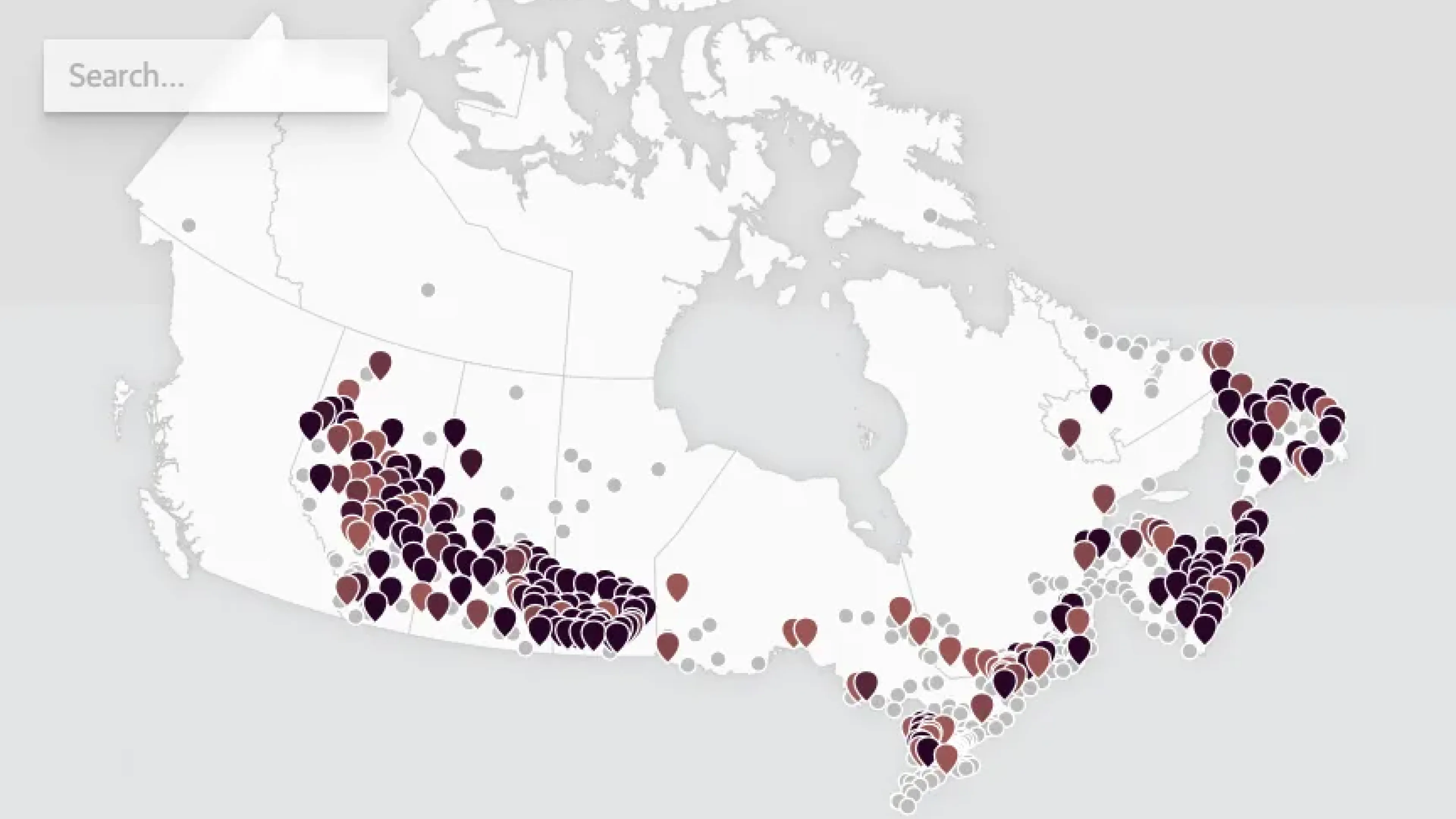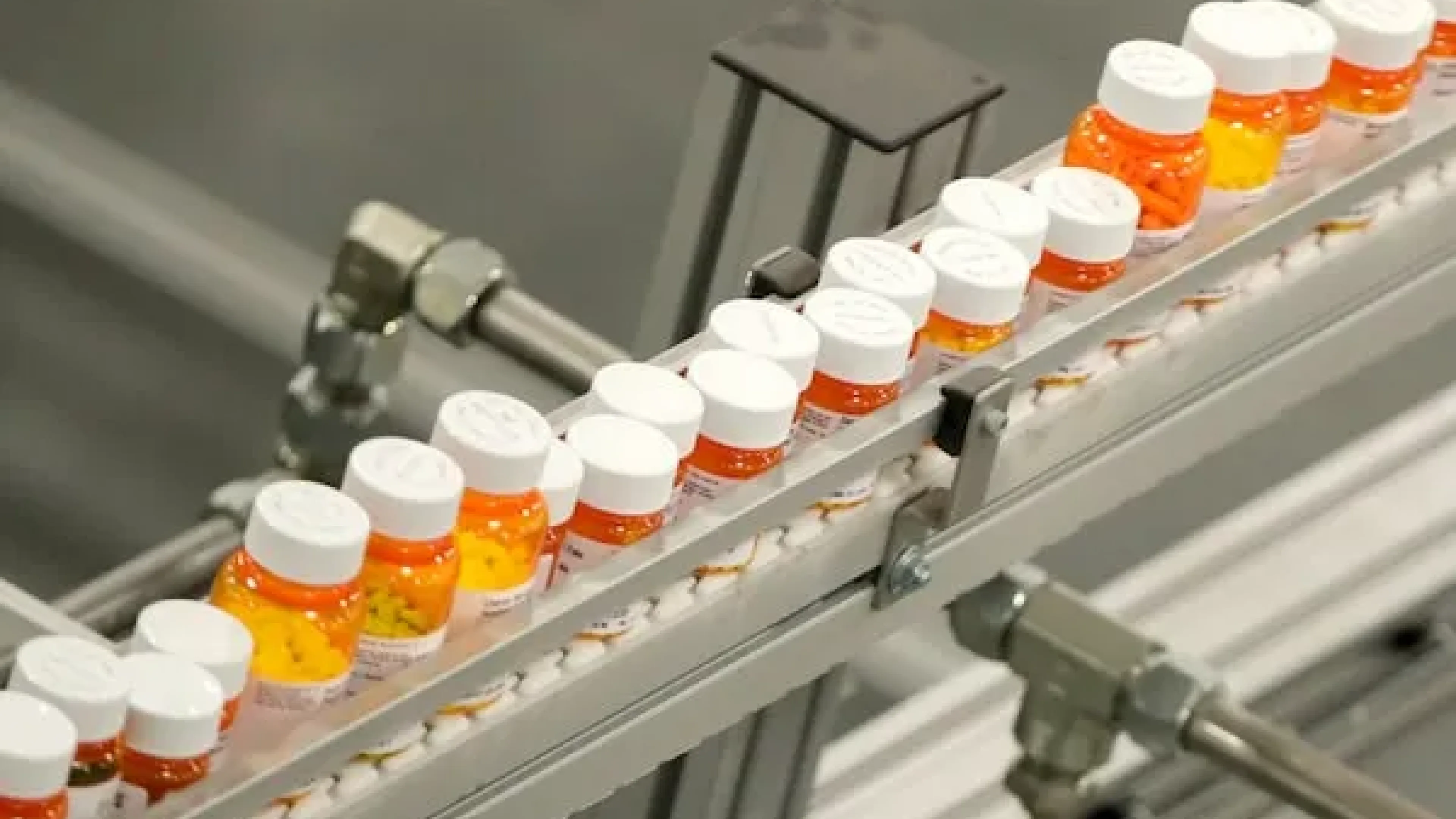You’re reading the web version of our weekly newsletter on Canadian health care and medical news. Sign up to get it next week.
Hi Healthwatchers, 👋
Fatigue leaves subtle traces in text. A new study features an AI that can detect them in doctors' clinical notes.
The authors emphasize that their goal isn’t to grade individual physicians on how tired they are, but to assess systems. Maybe we should build more life-friendly schedules? Or better EMRs?
In the wrong hands, though, any probabilistic model becomes a judgment tool.

Physician fatigue can now be predicted using the language in patient charts. That should raise hard questions about how such tools are used.
Researchers trained a machine learning model on 129,000 ER notes to detect linguistic cues of fatigue. Notes written by doctors who’d worked more than four days a week were shorter and more predictable.
When the model detected fatigue, physicians were more likely to order tests that didn’t lead to a diagnosis. Despite limitations that exist with the methodology, it is a tangible signal of a drop in diagnostic precision. The authors also found something fun: AI-written notes looked even more fatigued than human-typed ones.
Read more…

Ontario’s Information and Privacy Commissioner wants tighter rules on how police use DNA, warning that new analytics tools are quickly outpacing Canada’s outdated laws.
Police can now identify suspects by mining consumer DNA databases (23andMe, ancestry, etc) and collecting discarded items without a warrant. These tactics risk flagging relatives as suspects and disproportionately targeting racialized communities, warns the commissioner.
The RCMP introduced a stopgap internal policy in 2023, allowing the use of investigative genetic genealogy (IGG) in restricted circumstances, but an internal policy is not law. Canada and its provinces have no legislative frameworks in place to govern the use of these tools.
Read more…

Instead of a jab, it’s a mist. It might offer superior protection and even prevention.
Current mRNA shots do prevent severe illness and long COVID, but don’t protect against infection itself. This vaccine aims to change that by targeting mucosal immunity in the respiratory tract, the body’s first line of defense.
The Phase 1 study found it to be safe and immunogenic. With Phase 2 trials now underway, it’s one of Canada’s most promising COVID-era inventions: developed, manufactured, and tested entirely on McMaster’s campus.
Read more…

Air pollution damages DNA in the same way tobacco does.
A global study of people with lung cancer found a strong link between air pollution and cancer-promoting mutations, particularly ones caused by smoking. None of the study participants had ever smoked.
The findings may explain why never-smokers now make up a rising share of lung cancer cases worldwide, a change the researchers called urgent and underappreciated.
Read more…

Closures are hitting rural hospitals hardest, and many aren’t tracked.
ERs across Canada have closed for 1.14 million hours since 2019. There isn't a national database to track this, so the true scale of disruption has been hidden, until now.
Rural communities have it particularly rough. Many hospitals now rely on fly-in doctors, expensive travel nursing agencies, and virtual care to keep the doors open. Some rural ERs have converted into clinics. Others have just vanished from the map.
The result is a very wide gap in emergency room access between urban and rural Canadians. The consequences of this are often serious, and even fatal.
The Globe’s investigation includes a searchable map illustrating the gaps in service, and in record-keeping (Email me for a gift link, if you need one).
Read more…

What began as an ambitious Trudeau-era plan to add teeth to Canada’s drug pricing has been eroded over time by court challenges and political whimsy.
The move drew criticism from private insurers, who say it weakens consumer protections. What’s truly at stake is their seat at the table, and the power of Canada’s drug price regulator.
Under earlier drafts, insurers would have had a formal mechanism to challenge high prices by making complaints to the Patented Medicine Prices Review Board. That power is gone in the final version, leaving them with less leverage in negotiations with drugmakers.
The change comes just months after U.S. pharma giants pushed Trump allies to challenge Canada’s drug pricing formula.
Read more…
And that’s all for this week.
Final thought, on AI fatigue-detection: a tool that detects fatigue in clinical notes might seem like a neat little research curiosity. But once it’s out of the bottle, how it gets used is out of researchers’ hands. Think HR “wellness monitoring,” or even legal discovery ("were they fatigued when writing this note?").
They didn’t build it for that. But others could.
Nick Tsergas, Editor
Canada Healthwatch
[email protected] | canadahealthwatch.ca
Canada Healthwatch: Weekly
Your essential briefing on health care and medical news. Sign up to get it next week.
Check out our newsletter, it's a handpicked roundup of the most important news from the week. Subscribe